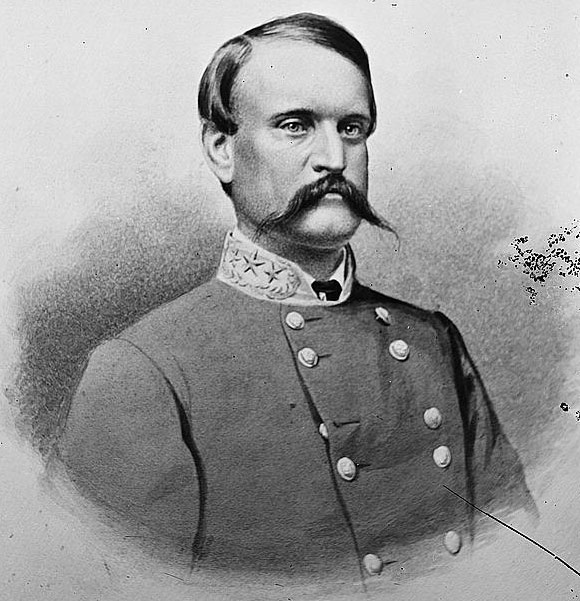Sounds like Lincoln is going to have one hell of a time to make peace with Britain considering the opposition at home and the likely British demands for territory.
It's an external and internal problem sadly. When the two sides finally sit down for talks, it will be very difficult to come to an immediate accord. Then depending on what Lincoln ends up signing away, well, he has a slim majority in the House to ratify any treaty.
The british public is still quite anti-slavery, right? I wonder if not taking a more radical stance on emancipation ultimately hampers his ability to make a separate piece with the confederacy.- If the USA seen as strongly anti-slavery might be seen as more preferable for it to be able to reconquer the south, than to ensure an independent CSA to weaken it.
while the british public being anti-slavery is true, they don't really matter during this time unfortunately. Them being anti-slavery didn't stop the British from trading and even allying with the Brazilians, Ottomans and several powers that followed slavery during this time.
As @Sārthākā says, it's not quite a simple as that. While the majority of people would be opposed to slavery on principle, the truth is that Lincoln could free every slave in Maryland, Kentucky, Delaware and Missouri and it wouldn't matter even remotely to the British people at this moment. Slavery would be an internal matter for the United States, the external matter in that they feel like the US has attacked them and brought them to war takes precedence. Now, the Emancipation Proclamation might see some push for a softer stance on the Union, but I'll cover that in a chapter in the near future.
One common misconception about the "British public" is that the mass of workers and city dwellers in the UK in this period had the vote, they did not. Even the Reform Act of 1867 only doubled the voting population of roughly over one million to over two million right away.

